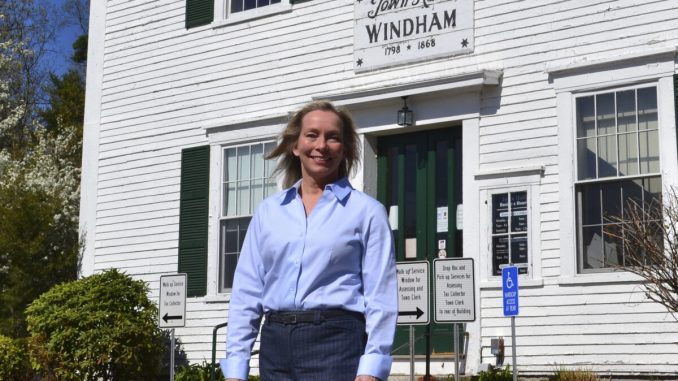
A 2020 election audit in a small New Hampshire town started on Tuesday.
A three-person team in Windham, which has a population of roughly 15,000, will examine ballot counting machines and their memory cards, and the hand tabulation of ballots, that were used and cast in the general election on Nov. 3, 2020, in the town’s Rockingham County district 7 House of Representatives race, in addition to votes in the district in the gubernatorial and U.S. Senate races.
A hand recount ended with state House candidates in the district hundreds of votes apart from the original tally. Kristi St. Laurent, a Democrat candidate, for instance, received 4,456, according to the initial results. After the recount, she had 4,357.
Windham Town Counsel Bernard Campbell told New Hampshire Attorney General Gordon MacDonald last year that the magnitude of error “was shocking to local Town Officials.”
St. Laurent requested (pdf) an audit, saying that the machines may have been programmed improperly or that “a significant number of ballots” were double counted.
Officials eventually agreed to the request and New Hampshire’s legislature passed a bill authorizing the audit. It was signed by Gov. Chris Sununu, a Republican.
The bill granted the town of Windham the ability to designate one person on the audit team while another person was chosen by the offices of New Hampshire’s secretary of state and attorney general and a third was selected jointly by the two people who were already picked.
Windham picked Mark Lindham of Verified Voting, a nonprofit that has a history of working with left-of-center groups like the Brennan Center for Justice, according to Influence Watch. Lindham recently joined a letter to Arizona Senate President Karen Fann, a Republican, protesting against an expansive forensic audit of the 2020 election in Arizona’s largest county.
State officials chose Harri Hursti, best known for hacking into a voting system in Leon County. Hursti is a Verified Voting advisory board member.
Lindham and Hursti named Philip Stark as the third auditor. Stark is an associate dean of the Division of Mathematical and Physical Sciences at the University of California, Berkeley.
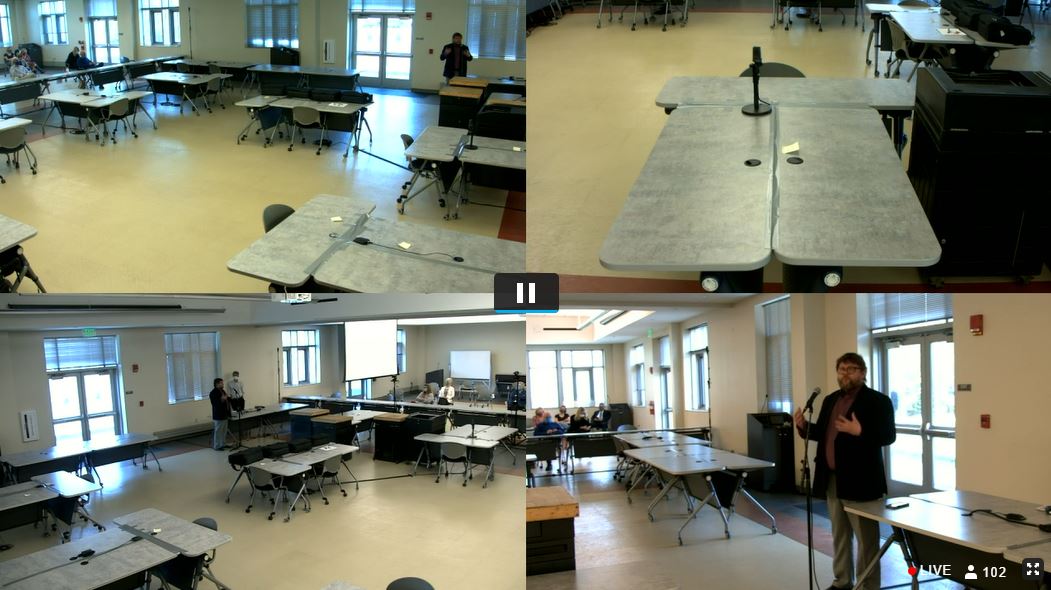
Speaking to reporters as the audit started at the Edward Cross Training Center, Lindham said the pattern of discrepancies between the election results and the updated results after the hand recount “seems unusual if not unprecedented.”
But Hursti indicated that in most cases where there are differences, human error is the cause.
“The numbers will never match. The question is, ‘Is the discrepancy meaningful?’ And usually not,” he said.
The AccuVote machines’ intellectual property are owned by Dominion Voting Systems. Dominion did not respond to a request for comment.
Stark told a news outlet last month that he supports running elections in a way that ensures any result involving reliance on machines can be double checked “so that if the computers malfunction, if they were programmed incorrectly, we can still cap and correct the outcomes before they become official.”
St. Laurent, the Democrat candidate, wrote on Twitter last month that the audit is in no way connected to “the national narrative” about possible and confirmed election fraud.
“Nothing is proven yet—its why we need the audit,” she said.
The audit is being live streamed here. It is expected to wrap up by the end of the month. Twenty New Hampshire voters will be observing the audit. Ten were chosen by the secretary of state’s office after voting in the 2020 election, participating in the recount as observers, and/or participating in the subsequent Ballot Law Commission appeal hearing.
The other 10 observers will be chosen daily by random drawing at 4 p.m. for attendance at the audit the following day.
Anyone who wants to apply to attendance can email elections@sos.nh.gov and put “Windham Election Audit” in the subject line. They were advised to their name, address, email, and phone inside the email.



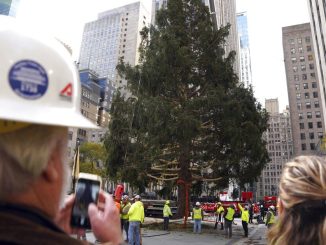
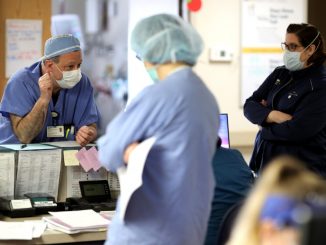
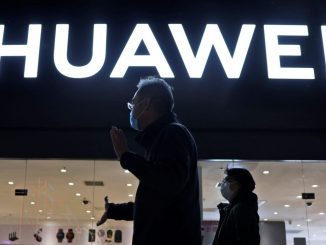
Be the first to comment